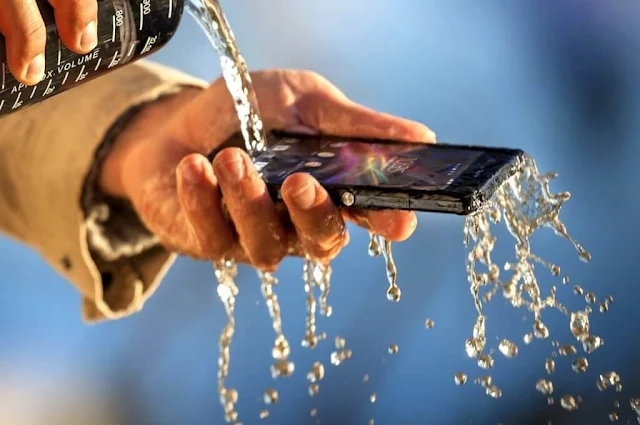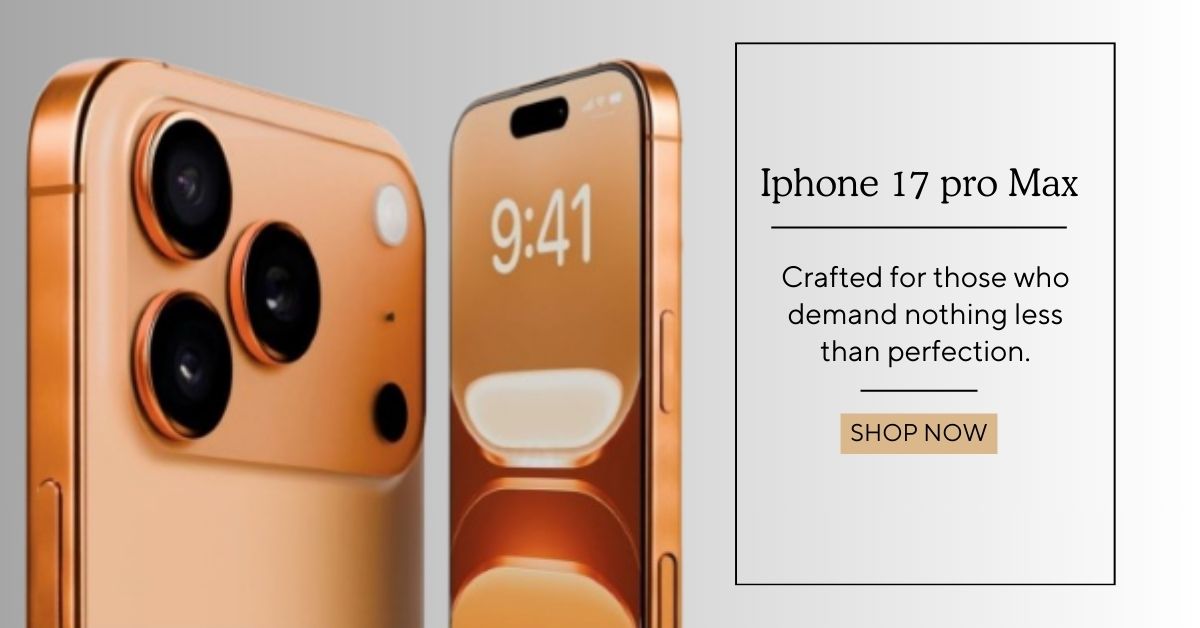IP68 vs IP69: The Ultimate Waterproof Showdown for Smartphones
What Is the IP68/69 Waterproof Rating?
When shopping for a rugged smartphone or an outdoor-ready device, you’ve probably come across terms like IP68 waterproof rating or even the more advanced IP69 rating.
But what do these ratings actually mean? And how do they protect your device from water, dust, and extreme environments?
In this article, we’ll break down the meaning of IP68/69 waterproof rating for smartphones, explain the differences between the two, and help you decide which level of protection is right for your needs.
 |
| IP68 vs IP69: The Ultimate Waterproof Showdown for Smartphones |
What Does IP Rating Stand For?
IP stands for Ingress Protection. It’s an international standard (IEC 60529) that classifies how well a device is protected against solids like dust and liquids like water.
The rating is usually followed by two digits:
-
The first digit (0–6) refers to protection against solids (like dust).
-
The second digit (0–9) refers to protection against liquids (like water).
IP68 Rating: High-Level Dust and Water Resistance
An IP68-rated smartphone means:
-
6: Fully dust-tight. No ingress of dust.
-
8: Can withstand continuous immersion in water, usually up to 1.5 meters for 30 minutes (though it varies by manufacturer).
Use Case: IP68 is perfect for general outdoor use, rainy conditions, or accidental drops in water.
IP69 Rating: The Next Level of Protection
IP69 goes a step further:
-
Same 6 for dust-tight protection.
-
9 means the device can handle high-pressure, high-temperature water jets from close range. This rating is often used for industrial equipment but is appearing in rugged phones too.
Use Case: Ideal for people working in construction, factories, or extreme outdoor environments where strong water jets, mud, or high heat are a concern.
IP68 vs IP69: Quick Comparison
| Feature | IP68 🌧️ | IP69 💦 |
|---|---|---|
| Dust Protection | ✅ Fully dust-tight | ✅ Fully dust-tight |
| Water Resistance | ✅ Immersion up to 1.5m | 💦 High-pressure water jets |
| Durability | 🔋 High | 💪 Very High |
| Best For | Daily use, rain, splashes | Industrial use, extreme environments |
Do You Really Need IP69?
If you're just using your smartphone for regular activities like biking, swimming, or traveling in wet weather, an IP68 waterproof rating is more than enough. But if you work in harsh environments or need maximum protection, then an IP69 waterproof-rated smartphone is worth considering.
Popular Smartphones With IP68/69 Waterproof Rating
Here are a few phones that come with IP68 or IP69 certification:
-
Samsung Galaxy S24 Ultra – IP68
-
iPhone 16 Pro Max – IP68
-
Doogee S100 Pro – IP69
-
Ulefone Armor 24 – IP69K (military-grade rugged)
FAQs
Q: Can I take an IP68 phone in the shower?
A: Yes, but prolonged exposure to hot water or soap may affect seals over time.
Q: Is IP69 better than IP68?
A: Yes. IP69 includes protection against high-pressure water, making it more rugged.
Q: Can I swim with an IP68 phone?
A: You can, but it's not recommended for extended periods. Always check manufacturer guidelines.
Related
Could We See a Foldable iPhone? Let’s Take a LookFinal Thoughts
Choosing a smartphone with the right waterproof rating isn't just about specs — it's about matching your device to your lifestyle. Whether you’re dealing with everyday spills and rain (IP68) or extreme environments like construction sites or outdoor adventures (IP69), understanding these ratings helps you make a smarter, more durable investment. In short, the right protection means fewer worries — and a phone that keeps up with you, no matter where life takes you.







